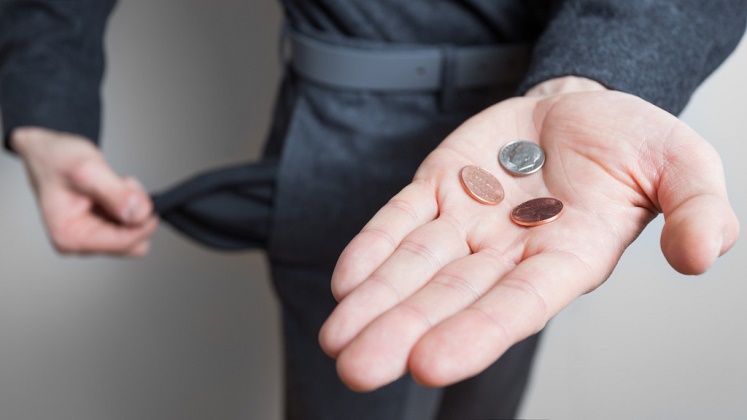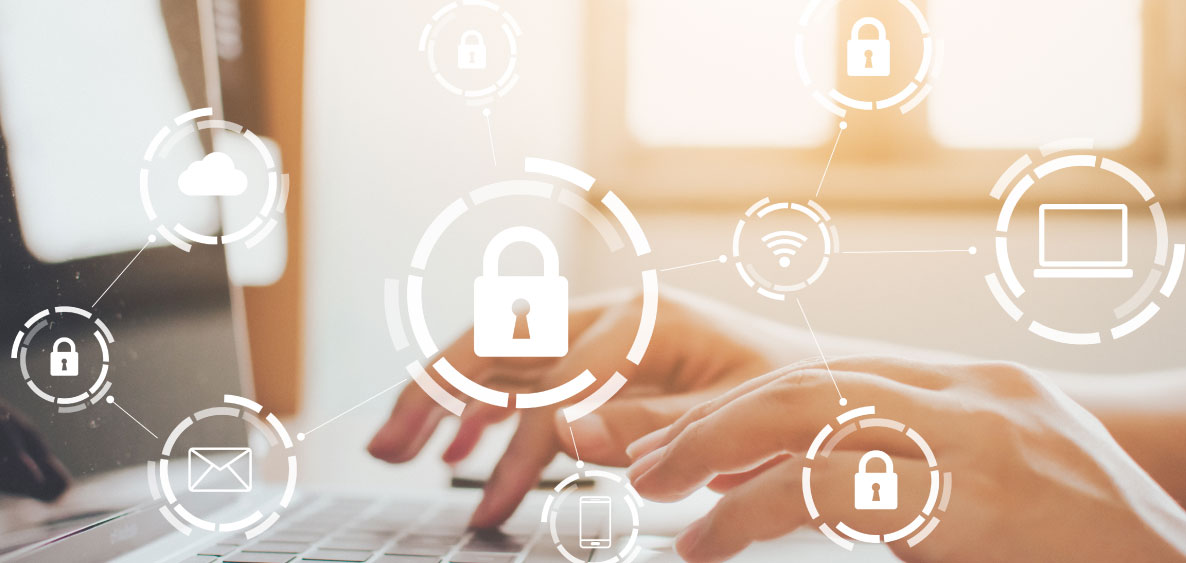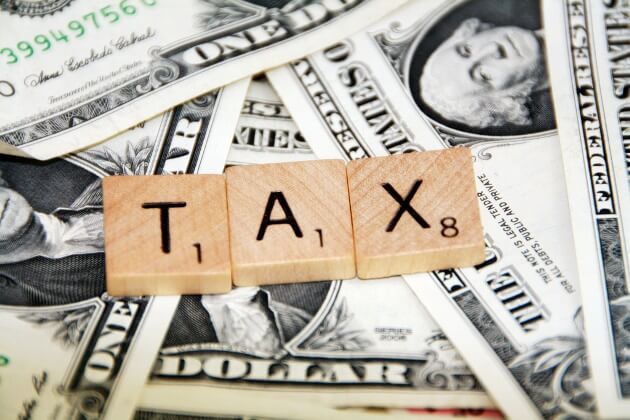
Financial well-being February 26, 2019 By
According to the Federal Reserve Bank of New York’s Center for Microeconomic Data, the total household debt rose to an all-time high of $13.5 TRILLION (yes, that’s "trillion" with a “T”) at the end of 2017. The report stated that 2017 was the fifth consecutive year for annual household debt growth to increase in mortgage, student, auto, and credit card debt categories. (These figures are based on a sample of debt and credit records from Equifax data.)
Have you noticed an increase in your household debt levels? If so, at what point do you begin to wonder "Am I in a money crisis?"
Let’s look at the following questions to help you determine if you are in a money crisis.
- Do you spend more money than you make each month? Asked another way, are you using a credit card, borrowing money, or pulling money out of savings to pay bills and monthly living expenses because if you don’t, you would be required to do without?
- Do you sign up for 0% balance transfer offers two or more times per year to transfer higher-interest rate debt?
- Are you in so much debt that you have no idea how you will be able to pay it off yet, you continue to use your credit card?
- Are you frequently late on your bills and loan payments causing you to incur a late payment fee?
- Are debt collectors persistently calling you at home or at work?
- Does more than 36% of your monthly take home pay go to paying debt?
- Do you shop to deal with negative feelings/emotions?
- Are you over the age of forty with NO money saved for retirement?
- Do you pay extra money for premium cable channels, but put your groceries on a credit card knowing you will not be able to pay the balance in full that month?
- Do you have maxed out credit cards?
- Is your student loan payment in deferment because you have no idea how you will be able to afford the monthly payment?
- Do you pay a monthly storage rental to hold your “stuff”, but use a credit card to pay for gas and groceries; otherwise, you would not be able to buy fuel and food?
- Do you refinance or take out payday loans to pay your monthly bills?
If you answered “yes” to any of these, you may have a problem. If you answered “yes” to two or more, then you’re in a money crisis.
You now have a choice to make: Do you want to continue to live this way, or are you ready to make a change to improve your financial well-being? Do you refuse to give up some things because you don’t know how you will be able to live without them? Something important to remember - the sacrifice isn’t forever, it is temporary.
If you don't start now, then it is likely your circumstances will force you to make the change later. Either way, it won’t be easy! But don’t try to "go it alone." Choosing to have an accountability partner can increase your chance of achieving success.
Start now and change your spending, don't borrow more money. Put your credit card(s) away until you can pay it off. Once your debt is paid off, you can try to use the credit card, making sure you have a monthly spending plan that allows you to pay the card in full each month. Set a limit on your credit cards for what you can spend each month and set up reminders so that once you hit the amount in your budget, you know it’s time to put the card away for the month.
If you are ready to make a change, stop by your local First United location and speak to one of our employees about some ideas and strategies that can help you achieve financial freedom. We have financial coaches and employees that are trained to help you overcome your financial challenge.




